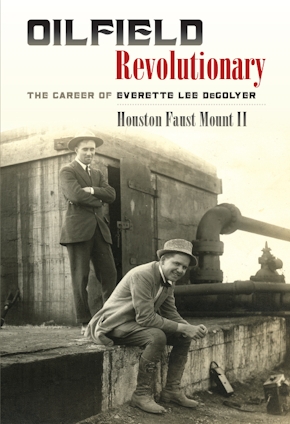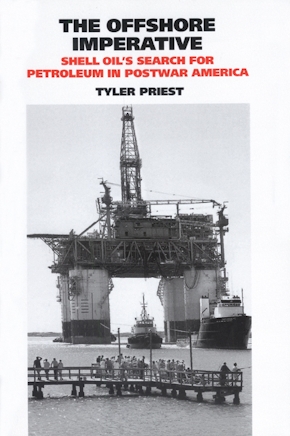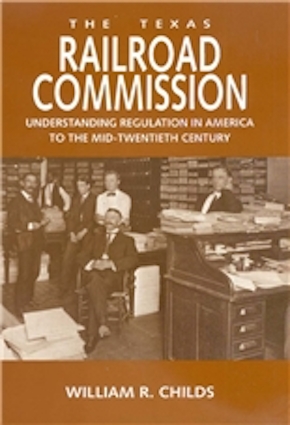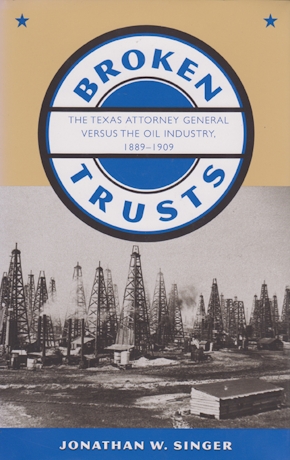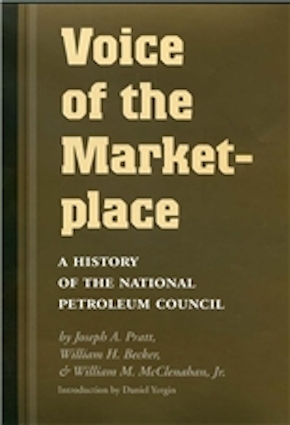Oleander Odyssey
The Kempners of Galveston, Texas, 1854-1980s
978-0-89096-438-5 Cloth
6 x 9 x 0 in
512 pp. 33 b&w photos., 3 line drawings.
Pub Date: 11/01/1990
Available
BUY NOW
- Cloth $44.50 s
immigrant teenager escaping anti-Semitism and conscription into the czar's army. When he died forty years later, he was a millionaire and had instilled in his descendants the ideals of private enterprise, public service, and harmonious family cohesion that have made the Kempner family a major force in Galveston for a century.
After establishing himself as a peddler in East Texas and later expanding his business as a cotton factor and wholesaler and relocating to Galveston, Kempner had risen high in Island business and social hierarchies when he died prematurely, in 1894. Harris's twenty-one-year-old son Ike became head of the family along with his mother, and he expanded the business to include international trade in cotton, plus subsidiaries in banking and insurance. The family transformed Sugar Land, Texas, and the Imperial Sugar Company from a notoriously abusive operation to a model company town and successful business.
The Kempners' main center of operations was Galveston, which survived the devastating Great Storm of 1900 substantially because of the initiative and leadership of Ike Kempner, who directed relief efforts and instigated plans for the seawall, the causeway to the mainland, and the grade-raising project to elevate the city.
The complete archives of the Kempner family papers housed at the Rosenberg Library in Galveston provided the primary source material for this work, and Harold Hyman's further research provides a backdrop of social, political, and religious factors affecting four generations of Kempners in Galveston. The result is a story about large, diverse family businesses, Progressive urban reform and community development, the acculturation of American and Southern Jews, and the dynamics of life, politics, and the economy in Southeast Texas.
Kenneth E. Montague Series in Oil and Business History
About the Author
Reviews
Published by Texas A&M University Press



